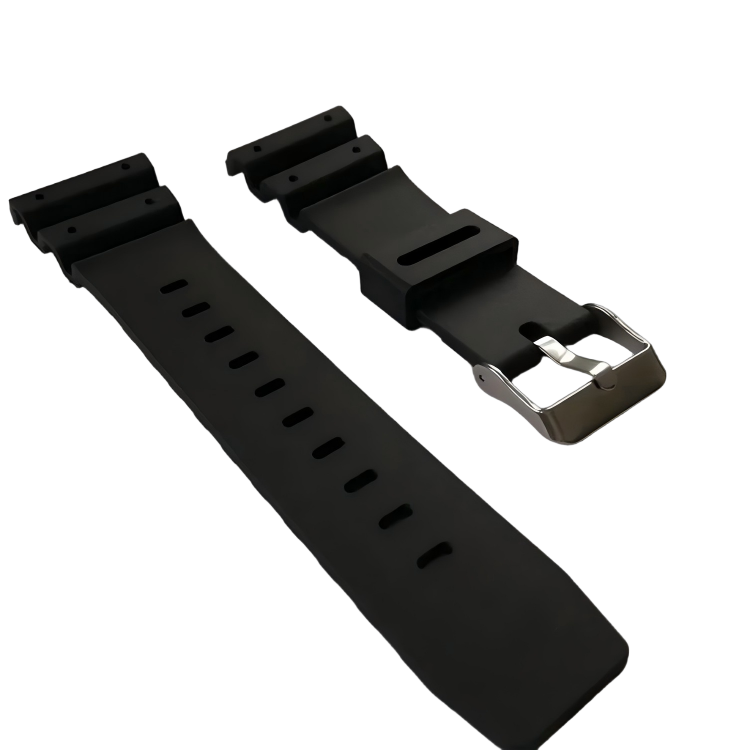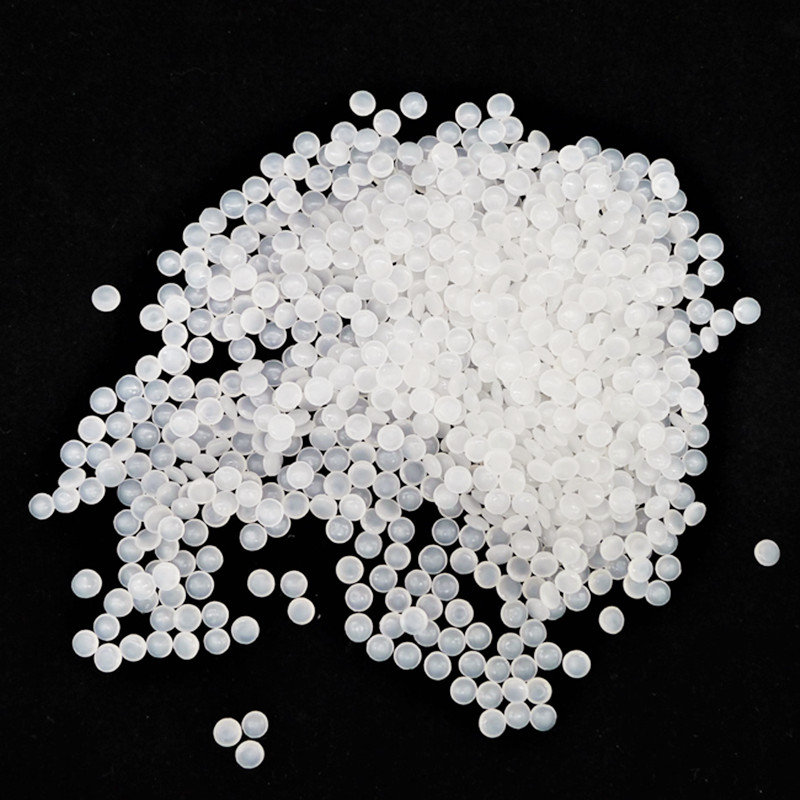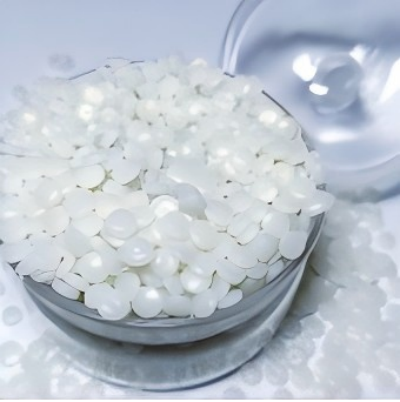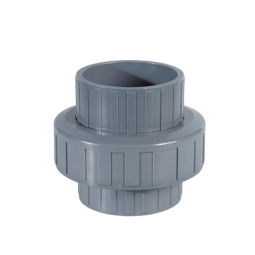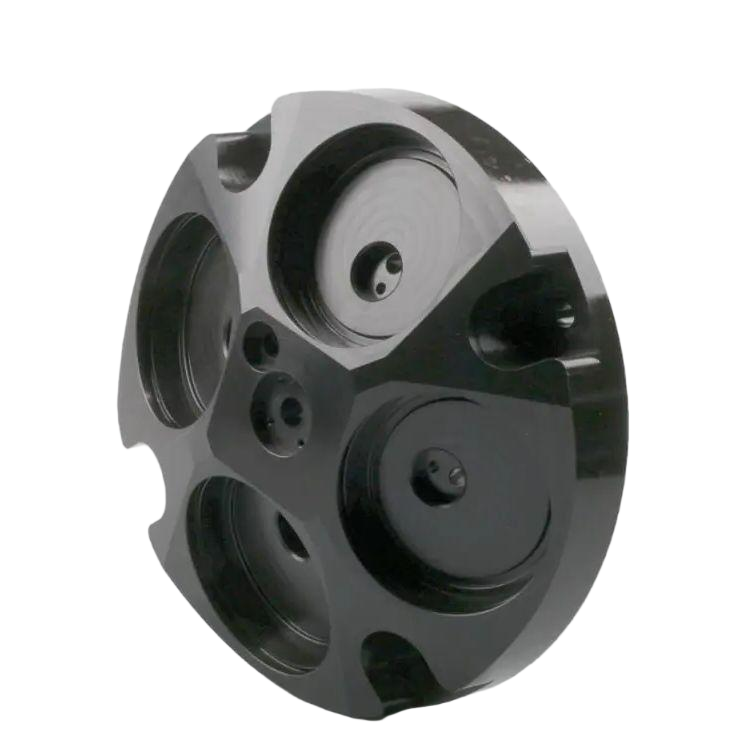Injection Molding Materials
Choosing the right injection molding material can make or break your project. Our comprehensive guide helps you quickly compare options based on strength, flexibility, and heat resistance, so you can confidently select the ideal material for prototypes, production parts, or custom designs—ensuring high-quality results every time.
TPU
Type: TPU
Impact Resistance, Wear Resistant, Chemical Resistant, Aging Resistance
TPU (Thermoplastic Polyurethane), commonly known as urethane rubber, is a thermoplastic elastomer. It features excellent elasticity, abrasion resistance, and chemical corrosion resistance, and is widely used in applications such as mobile phone cases (soft shells), sports shoe soles, and medical catheters.
LDPE
Type: LDPE
Corrosion Resistance, Toughness, Electrical Insulation
Low-Density Polyethylene (LDPE) is lighter than water, soft and tough, with excellent acid and alkali resistance as well as electrical insulation properties. It is widely used in fields such as packaging, agriculture, electronics, and daily necessities.
HDPE
Type: HDPE
Corrosion Resistance, Strength, Electrical Insulation
High-Density Polyethylene (HDPE) is a lightweight, chemically resistant, and high-strength material. It is flexible and tough, commonly used in applications such as food packaging (e.g., food containers), agricultural films, daily necessities (e.g., storage boxes), and water tanks.
PVC
Type: PVC
Economical, Weather Resistance, Flame Retardancy
Polyvinyl chloride (PVC) is a widely used thermoplastic polymer material characterized by excellent mechanical properties, outstanding corrosion resistance, and superior electrical insulation performance. By incorporating various additives, it can be tailored to meet customized requirements. Owing to its unique combination of properties, PVC finds extensive applications in fields such as construction, industry, packaging, and healthcare.
TPU
Type: TPU
Impact Resistance, Wear Resistance, Chemical Resistant, Aging Resistance
TPU (Thermoplastic Polyurethane), commonly known as urethane rubber, is a thermoplastic elastomer. It features excellent elasticity, abrasion resistance, and chemical corrosion resistance, and is widely used in applications such as mobile phone cases (soft shells), sports shoe soles, and medical catheters.
POM (Delrin)
Type: POM (Delrin)
Impact Resistance, Chemical Resistant
Polyoxymethylene (POM) is a premium high-performance engineering plastic. Known for its metal-like mechanical strength, it offers exceptional hardness, rigidity, impact and fatigue resistance, as well as outstanding wear resistance and self-lubrication. POM also provides excellent dimensional stability, strong chemical resistance, and ease of processing. With this unique combination of properties, it has become a preferred material across industries such as machinery, automotive, electronics, and medical devices—making it an ideal replacement for metal in manufacturing high-precision, wear-resistant components.

